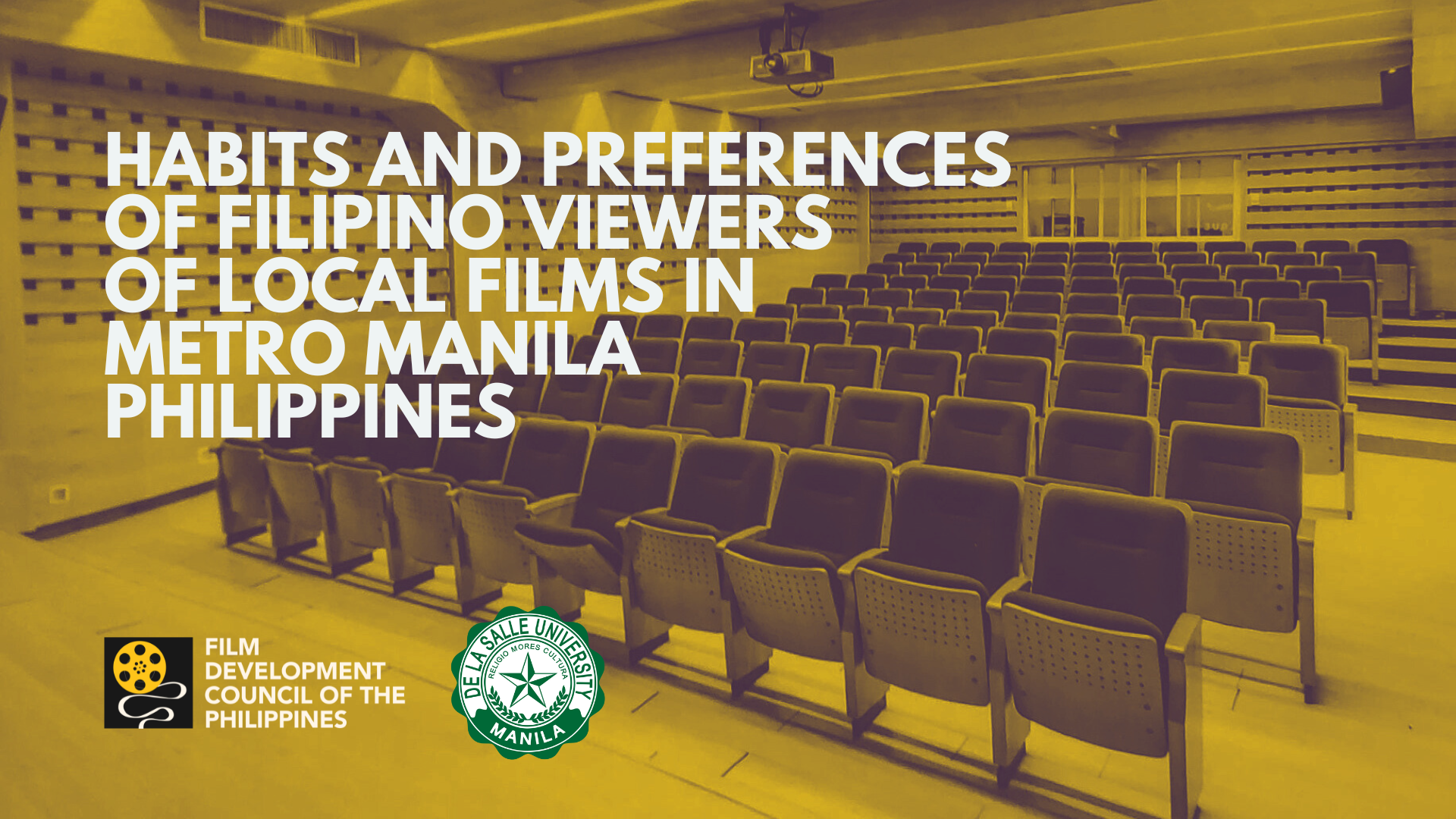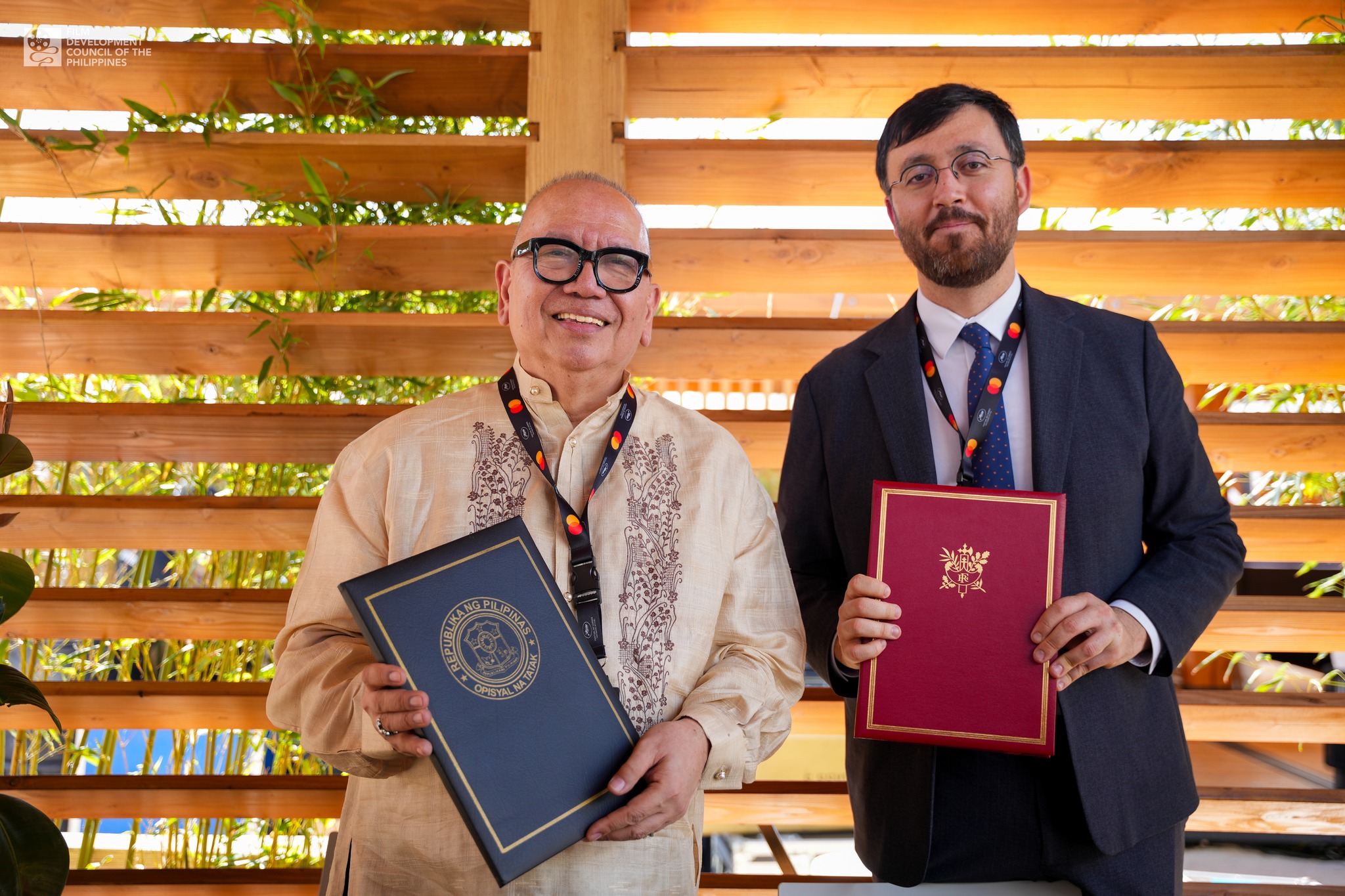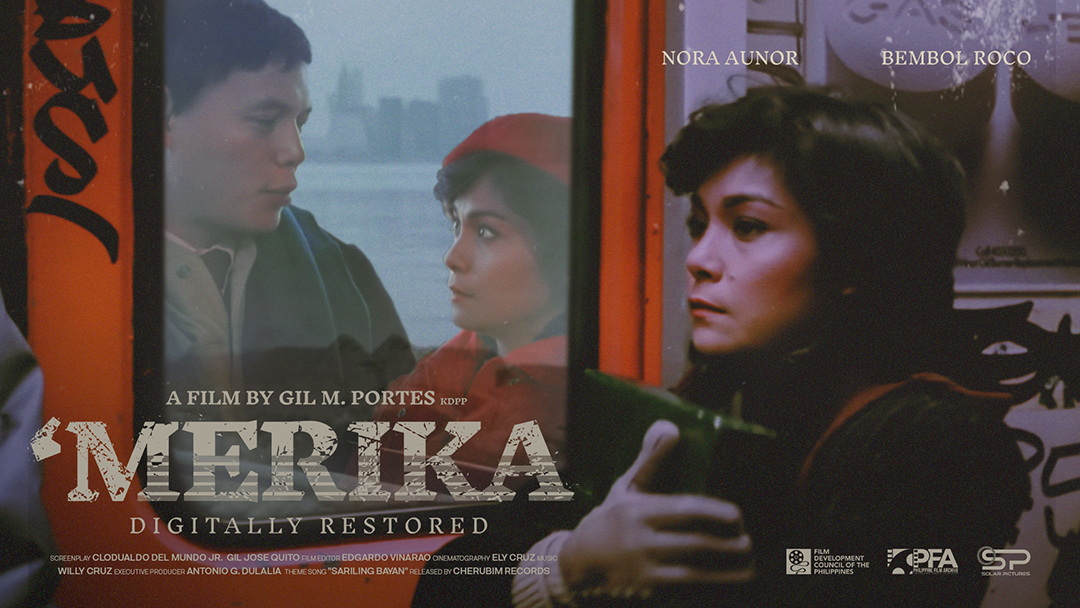A love letter to Philippine Cinema

My dear Philippine Cinema, it has been five years since I took that oath to be of service to this country through championing our cinema. And what a journey it has been so far.
With the Film Development Council of the Philippines (FDCP), I experienced ups and downs, learned my lessons, unlocked achievements, dreamed dreams to pursue and make reality - and in looking back at it all, it seems so much to take in just five years, but still wonderfully not enough.
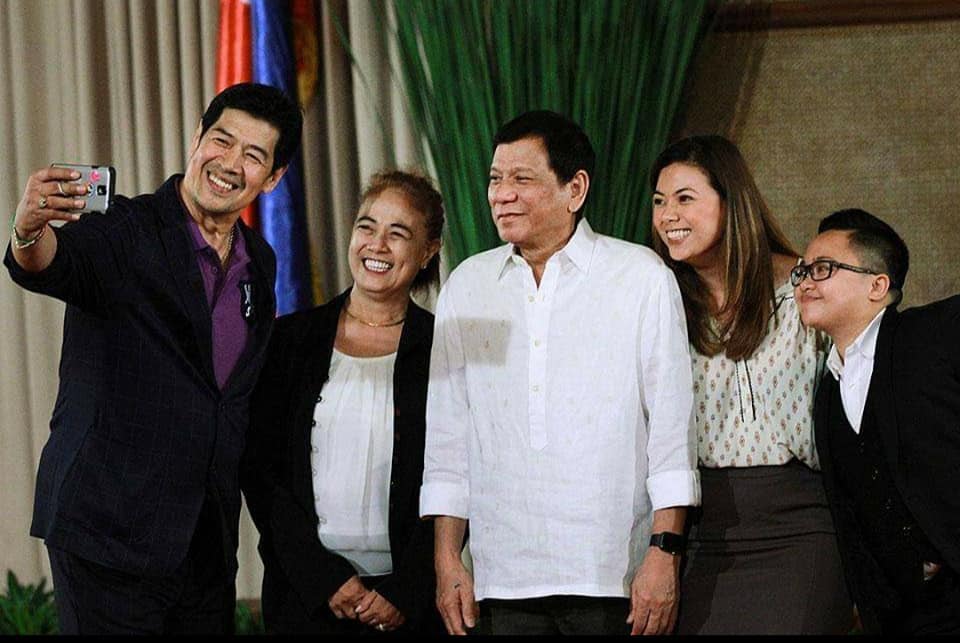
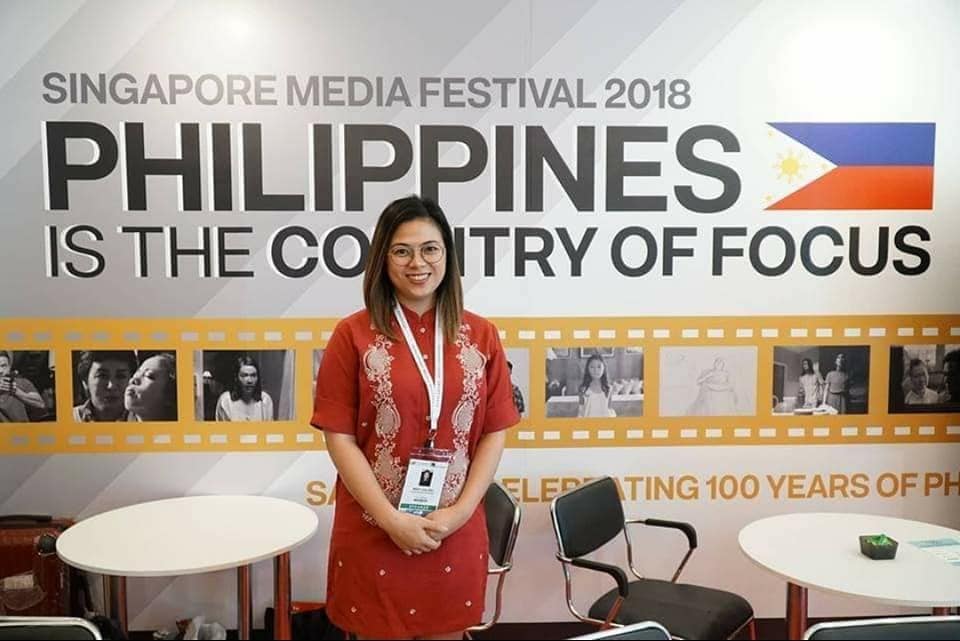
I started out as an actress in the industry when I was just 18. Fueled with nothing but passion, I plunged into the world of acting so I could be part of telling Filipino stories that compel, affect, and move. And while my career as an actress and storyteller gave me moments of self-validation and fulfillment, I experienced first-hand the challenges of staying in the business.
I saw the good things that make us thrive as creators, but as workers, there's always the constant threat and instability that makes it difficult to survive. I realized that while this industry is so prolific in making films, much attention is needed to create a better environment for its workers. Something had to be done.
So when this once-in-a-lifetime opportunity came to render public service to the industry that I love the most, I did not pass up the chance. I knew from my own experiences that change was needed in our industry.
A promise to the country
On August 15, 2016 in Malacañang, I took my oath before President Rodrigo Duterte as the Chairperson and CEO of FDCP under the Office of the President.
With big shoes to fill, added with a number of naysayers and skeptics, I was honestly terrified and overwhelmed about this new undertaking. But I was set in serving your stakeholders, and in trying to find common ground, I knew that there was much that I and my Agency could do for you.
Among my very first vows were to serve our stakeholders - from film workers to producers to distributors, exhibitors, and of course, the Filipino audience - and create an ecosystem that will allow each sector to work less as silos, but more in harmony. Creating cinema is a collaborative process. We must work as one.
In that system that I had set out to create, one of the most fundamental goals for me was the welfare and protection of workers - those that we consider the lifeblood of any industry, and more so in the film industry. This is why we had strongly lobbied for the approval of the Eddie Garcia bill, now currently passed in the Lower House and under review by the Senate.
In the meantime, workers can already be safeguarded by the Joint Memorandum Circular of the Department of Labor and Employment (DoLE) and FDCP which has sector-specific guidelines governing working conditions and occupational safety and health of audiovisual production workers.
Going global
With the vision to be globally competitive, FDCP has been championing Philippine Cinema in international film markets and festivals. We have official selections and awards; and our filmmakers have been featured as panelists, speakers, and jury members. We also have Philippine Pavilions, Spotlight Country showcases, and Philippine Cinema Night.
I was humbled to represent you in prestigious international film festivals such as Berlinale, Cannes, Locarno, Tokyo, and Busan where you shone in the company of bigger and more established film industries.
I am always proud to share what you can offer to the world, from the FilmPhilippines production incentives to our dedicated talents, with the internationally acclaimed ones recognized by FDCP annually since 2017 through the Film Ambassadors' Night.
Loving local
With our eyes set on making it globally, I made sure not to forget about how to make Philippine Cinema flourish locally. Top of my priorities was hearing the side of each and every sector. FDCP also created the National Registry for workers, companies, and film festivals to easily coordinate and render service to your stakeholders.
FDCP partnered with regional and national film festivals, expanded the FDCP Film Talks and Film School to the regions, boosted film communities through the Cinematheque Centres, and held Cine Lokal, Southern Voices Film Lab, Film Industry Conference, and Full Circle Lab Philippines.
It is admirable that you have thriving film communities nationwide. This prompted us to establish Pista ng Pelikulang Pilipino in 2017 to give Filipinos a national film festival that exclusively screens quality local genre films. Even during the pandemic, we were able to push through with it virtually via the FDCP Channel.
We continue to push for the creation of quality films through the CreatePHFilms program, which provides funding support for development, production, post-production, distribution, and exhibition. We also advocate prioritizing occupational safety and health through the Safe Filming Program.
Finally, your past is invaluable to us. It is a testament to Philippine Cinema's over 102 years of existence. The Philippine Film Archive has been preserving films so that future generations can access our cultural heritage.
Coming together for the creatives industry
Last year was challenging, and our workers bore the brunt of the devastating effects of the pandemic. Because most freelance film workers are involved in other creative sectors and displaced informal creatives had no one to turn to, FDCP has been serving the film and audiovisual industry.
FDCP provided financial assistance through the Disaster Emergency/Assistance and Relief (DEAR) Program and has helped freelancers with requesting for financial aid from DoLE as mandated by the Bayanihan 2 Law, which included film and audiovisual workers in the fiscal stimulus package.
Truth be told, FDCP is not just about providing funds, training sessions, and promotional support. I, together with my super amazing FDCP team, render heartfelt public service, not minding the extra hours when attending to the needs of workers and productions and facilitating events and programs like the ongoing vaccination of film and entertainment workers.
As I continue to lead FDCP, I wish to be faithful to my purpose as the one entrusted by the President to be the bridge between the government and industry so that together, we may fill the gap among our fragmented sectors by implementing structural reforms and fostering solidarity.
It's not easy. It never has been. We may not agree on things all the time, but such is the process of a free and democratic sector. At the end of the day, what's important is that we find common ground and are open to each other's voices and perspectives.
It is such an honor to serve you, and I hope to make you and our stakeholders proud.
Love,
Chair Liza
Notes from the Chair
The Sunday Times Magazine - The Manila Times
Notes from the Chair is part of the Arts Awake section of The Sunday Times Magazine published by The Manila Times. Click HERE to view the article on The Manila Times website.


